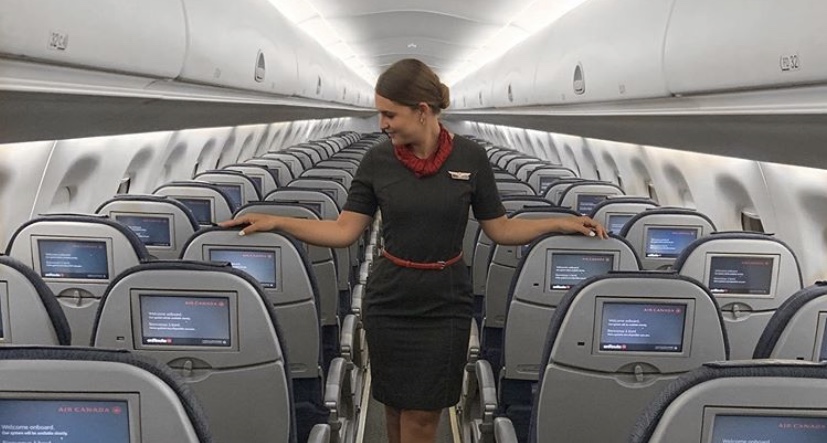
People always ask me questions about my job and lifestyle as a flight attendant. I have made a few Q&As on Instagram and Facebook over the years, but I thought I would answer some more questions in this blog post. I have gathered a list of frequently asked questions and I hope it gives you the information you seek! Please note that everything I mention in this post is based on my own opinions and experiences and not those of the company I work for. Hope you enjoy!
I started working as a flight attendant in January 2016 and it has truly changed my life. In my early twenties, I didn’t really know what I wanted to study or do as a career.. but the one thing I knew is that I wanted to travel. After my solo trip to Europe in the summer of 2015, I decided to apply to be a flight attendant.. it seemed like a cool job that would allow me to meet people and travel the world.
Little did I know that, 4 years later, I would have had traveled to 32 countries, started a travel blog, lived in Costa Rica for 2 years, and met some of my best friends. I owe everything to my job as a flight attendant and I am so happy I took a leap of faith and jumped into it in 2016.
Q: What kind of education/ experience do you need to become a flight attendant?
In Canada, you need to be 18 years old and have a high school diploma to become a flight attendant. Customer service experience helps a lot in getting the job but no specific studies are necessary. Some colleges and schools offer flight attendant programs but, in my opinion, they are a waste of time and money as the airlines don’t really look at these diplomas when hiring you.
Once you are hired, the airline will put you through their own training program.
Q: What’s the hiring process like?
I think the process is similar at most airlines, but I will explain how it works from my personal experience with the airline I work for.
First of all, I applied online. After they received my application, I then went through a series of interviews and tests. The first interview was a video interview that I did from my computer (the questions were prerecorded, it was not a live interview).
After the video interview, I went to Montreal for an in-person interview (which was divided into 2 parts: a one-on-one interview and a group interview). After the interviews, I had a personality/behavior test to do online. Finally, the last step of the process was a medical test where many tests were performed (blood test, urine test, measurements, hearing test, etc).
After all the tests and interviews, I waited a few months before finally getting a job offer!
Q: How do your shifts work? And days off?
Shifts can go from 1-day turns (flying somewhere and back in the same day) to up to 10 days on the road (well.. in the air). We are rarely gone for that long though. Most domestic flying is between 1 and 4 days and most international flying is between 3 and 5 days.
As for days off, we get a minimum of 13 days off a month. The more seniority you get, the more days off you can get on your schedules. Some of the most senior flight attendants only fly 9 days a month (and that’s their full-time schedules). We also start with 4 weeks of paid vacation a year and get more as we get higher on the seniority list.
Q: How do you pick or get flights assigned? Is compensation based on flight duration?
Every month, we have to bid for our schedules. During that bid period, you can ask for specific days off, specific destinations, specific flights, etc. The schedules are then awarded based on seniority.
There are 2 kinds of schedules we can get: reserve schedule or block schedule. Let me explain: A reserve schedule basically means you will be on call for the whole month. You can bid for specific days off but you will never know where you will fly during your days on (you will get called a few hours before your flights). A block schedule means that you will know your flights for the whole month ahead of time. You will have specific days off and pre awarded flights on your days on. For both reserve and blocks, our schedules work on a monthly calendar.
Compensation is based on many things. First of all, we get an hourly wage (depending on years of service, aircraft, etc). We get paid from the moment we close the door and pushback to the moment the pilots set the breaks at the arrival gate (no, we are not paid during boarding or while at the airport).
On top of that hourly wage, we receive per diems when we are gone from our home base. These per diems are calculated based on the time of day and the destination (we get specific amounts for breakfast, dinner, lunch, snacks etc.) I’m not sure if it’s like that everywhere, but at my company, these per diems are non-taxable.
Q: Are you happy with the salary/benefits you get as a flight attendant?
I am very happy with the salary and benefits I get with this job. I won’t lie.. when you start as a junior flight attendant you don’t make a lot of money. That being said, it gets better after a few years. There is also the option of becoming a purser (which is like a head flight attendant) and make more money.
The benefits are also amazing and a big reason why I chose to do this job in the first place. We are lucky enough to get incredible flight and travel benefits as well as great insurance and a great pension plan. These things are what make this job worth it.
Q: Did it take you a long time before you got some international destinations at work?
Like I mentioned in another answer, there are two types of schedules. When you are on reserve, you usually get lucky and fly to many overseas destinations. That’s because you’re the one they call last minute if another flight attendant is sick or can’t work. Usually, you have reserve schedules when you are very junior so it’s a fun way to discover new countries. In terms of flying internationally with a block schedule, it can definitely take a few years before you start getting these destinations regularly.
Q: Is there an option to have longer layovers in certain destinations?
Some companies may have that option, but with my company, the layover times are very strict. We mostly get 24-hour layovers (or the odd 48-hour layover if you get lucky) at international destinations. That doesn’t leave much time to explore.. but just enough to get a taste of a city and want to go back and visit on our days off. For domestic layovers (Canada, USA, Central America) our layovers can legally go down to only a short 10 hours.
Q: Do you always go out and explore when you have free time on layovers?
Like I just mentioned, most of the time we only get quite short layovers. Personally, I do try to go out and explore as much as I can but sometimes I am simply way too tired to even leave the hotel.
On domestic layovers, I usually just go to the hotel gym and rest (and maybe take a walk outside if I have time).
On international layovers, if the crew is willing to go out, it can be very fun to go explore the city and have a nice crew dinner all together.
Q: Where is your favorite layover?
That is a very tough question. I love Ottawa layovers as I get to go home and see my family. I also love Los Angeles and San Francisco layovers. Internationally, I think some of my favorite layovers are Mexico City (Mexico), Rome (Italy), London (UK), Tel Aviv (Israel), and Tokyo (Japan). I have yet to fly to Australia or New Zealand for work but I am sure I will love these layovers.
Q: How do you deal with jet lag and lack of sleep?
On long haul flights (8+ hours) we always get to nap on the plane which helps a lot with jet lag. I think the trick is to just sleep as often as you can. Sometimes I only have 2-3 hours in a full day to sleep. That’s I make sure I really use that time to nap instead of doing other things. When I come back from an international trip, it usually takes me a day or two to fully recover. I don’t think you ever get used to the jet lag and lack of sleep but you just learn to live with it.
Q: How do you stay healthy while flying?
I get this question a lot… and honestly, the key is meal prepping. You want to bring lunches with you so you eat the least amount of hotel and airport food. As flight attendants, we can bring food and liquids into countries (of course some of them have restrictions we need to follow). Using the hotel gyms is also a must to stay fit with this job.
Q: What is the worst moment in your cabin crew life?
I know I have been extremely lucky in my career because I find it hard to answer this question. I’ve hard some challenging things happen for sure but nothing bad.. (knock on wood)!
I honestly think the worst moment of my career has to be the pandemic that we are living through right now. The travel industry was so strong and I never thought I would experience something like that in my career. I don’t know how long it will take until I can fly again but I know that everything will be okay in the end.
Q: What is your biggest challenge working as a flight attendant?
As cabin crew, we face many challenges. Obviously, the good things overweigh the challenges by A LOT.. but here are a few:
- Difficult schedules (long hours of flying, different time zones, lack of sleep, jet lag, etc)
- Onboard situations (sometimes we face some onboard emergencies that are stressful and hard to deal with.. mostly medical emergencies I would say. Nothing we can’t handle though! Flight attendants are the best!)
- Working with different people all the time (Although for many (like me), working with different people can be one of the best parts of the job, for others it can be quite challenging).
Q: Did you ever have a fear of flying?
Never.
Many people are scared of planes and of flying but, to me, flying is such a relaxing thing. I love being in the air and looking out the window and seeing life from above the clouds.. I don’t think I could ever get tired of that view. No matter how bad the weather is down on the ground, it’s always beautiful up above the clouds. I do get many passengers that are terrified of flying though.
My best advice is to just try to sleep through the flight. Sometimes one small glass of wine can help with falling asleep (that’s my go-to when I fly as a passenger)!
If you are someone that hates flying or is scared of it, you should let your flight attendants know when you board. I love it when passengers tell me how they feel as soon as they board. That way, I can check up on them during the flight and make sure they are feeling okay. Never be ashamed of your fears.. it’s normal to be scared of a big metal bird (but please know it’s extremely safe and you are in good hands).
Wrapping up
I hope I was able to answer all the questions you have. Many people are curious about this wonderful job of mine and I hope this can give you all the information you are seeking.
Whether you are reading this because you want to be a flight attendant or just because you are curious about this career, I am glad to have you here. Please let me know in the comments if you have any other questions and I will answer them as best as I can.
I love sharing my passion for my job with other people. Like I mentioned at the beginning of this post, the answers I have written here represent my own experiences and opinions and not the ones of my employer. Things do vary from one company to another (and between countries) so please make sure to do the appropriate research if you ever want to apply.
To all my aspiring flight attendants, just know that you will never regret choosing this as your career. Being a cabin crew is nothing short of wonderful.
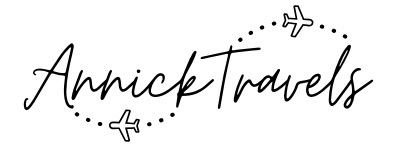
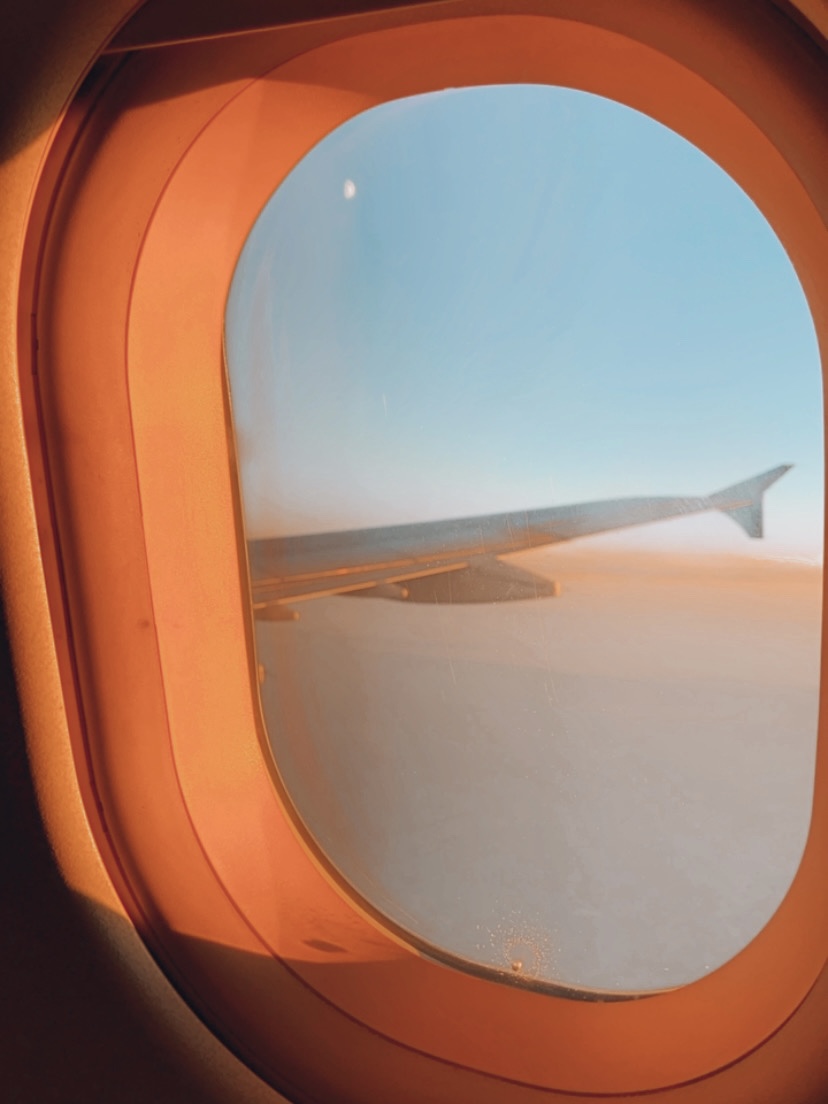
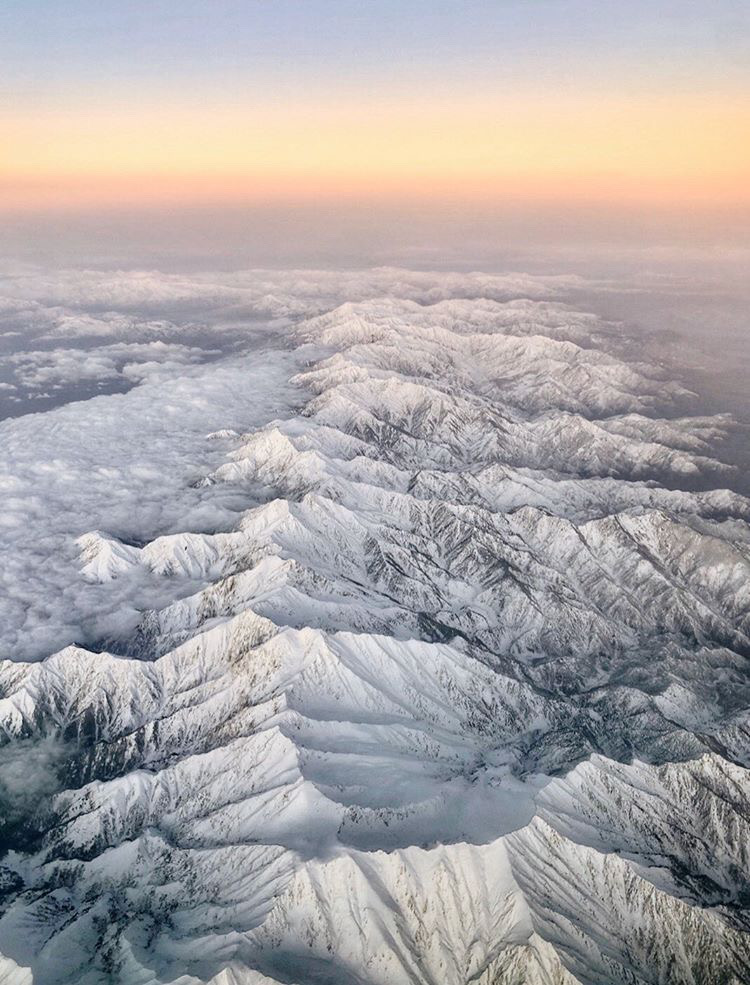
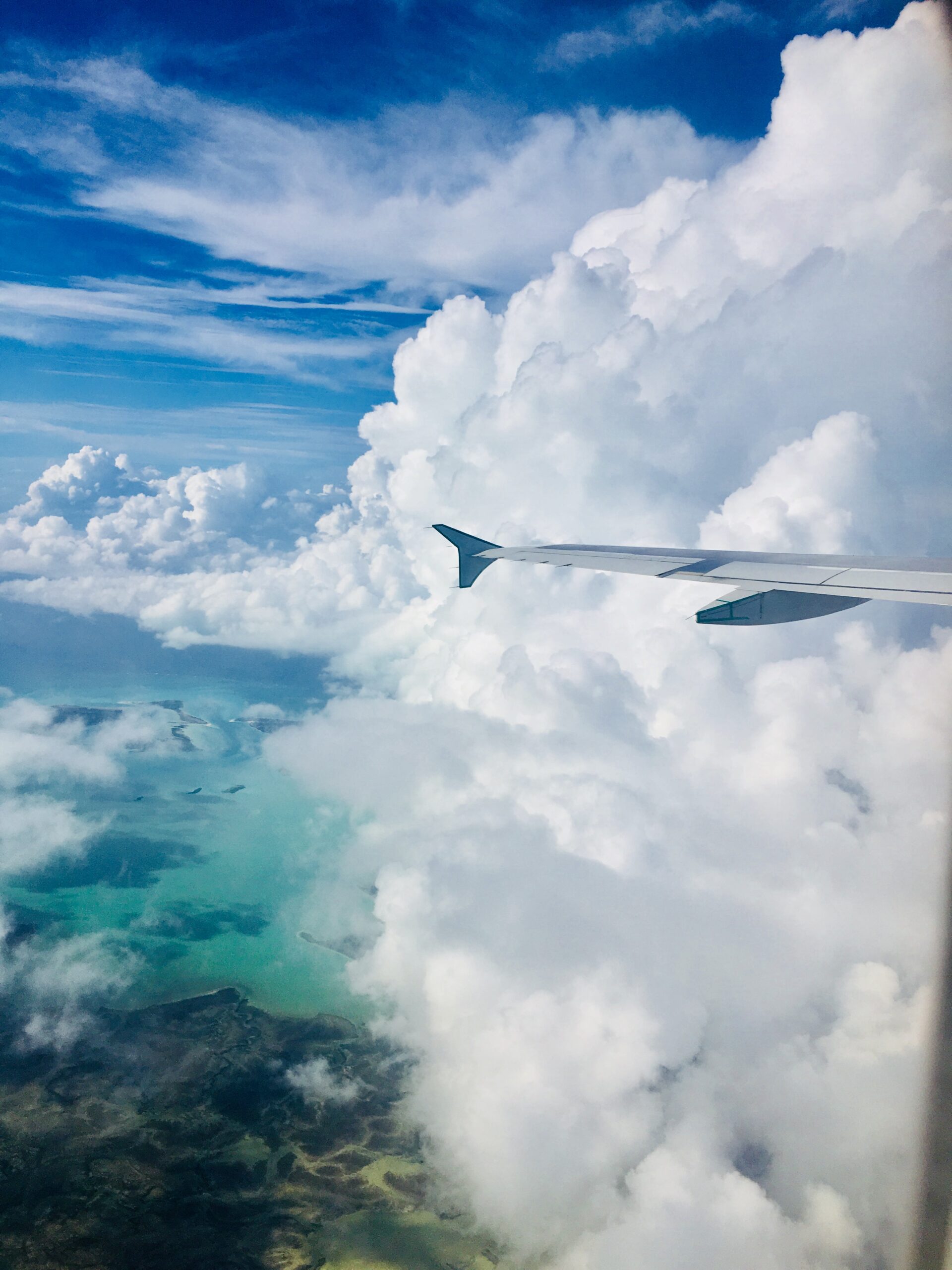
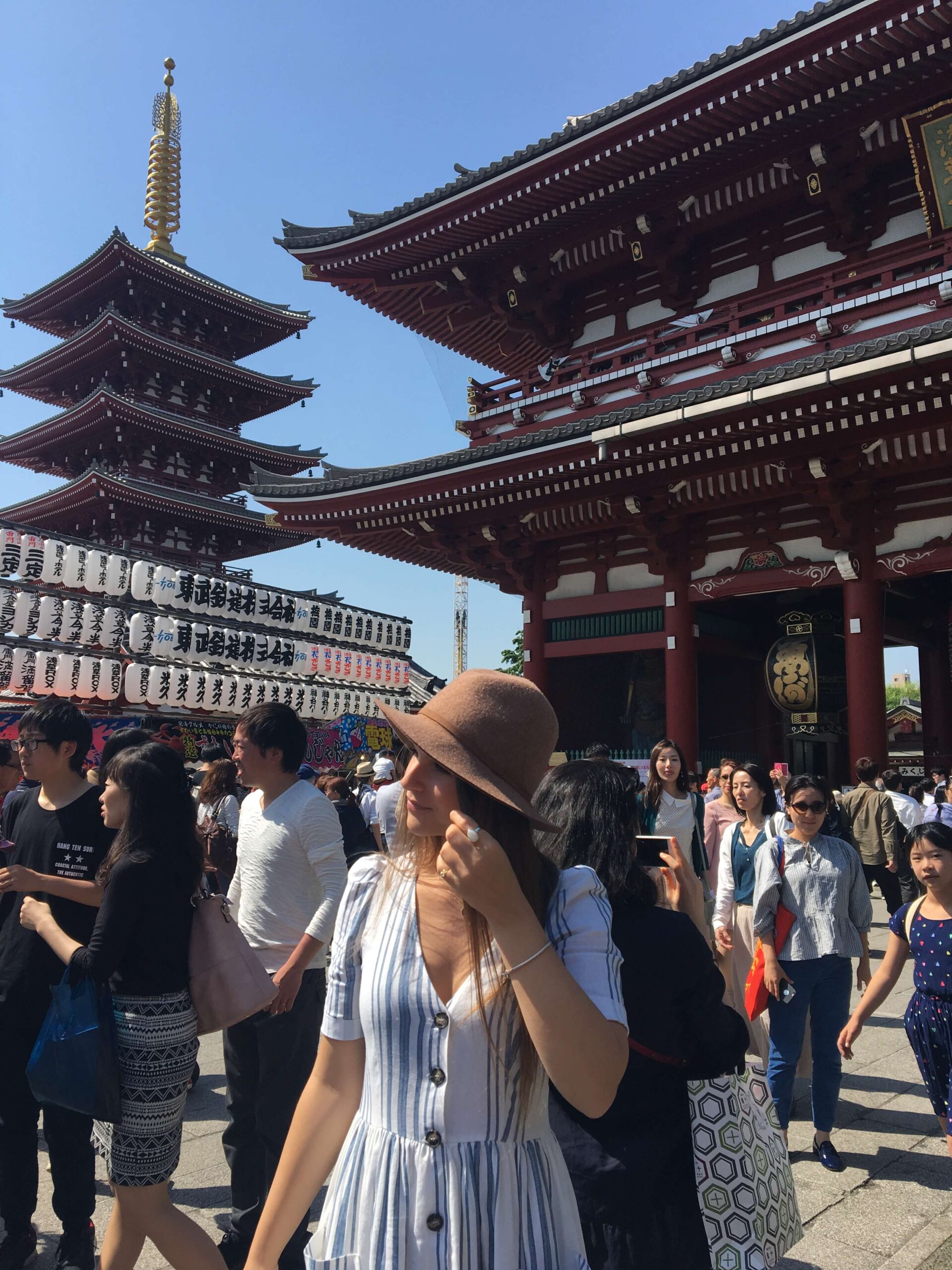

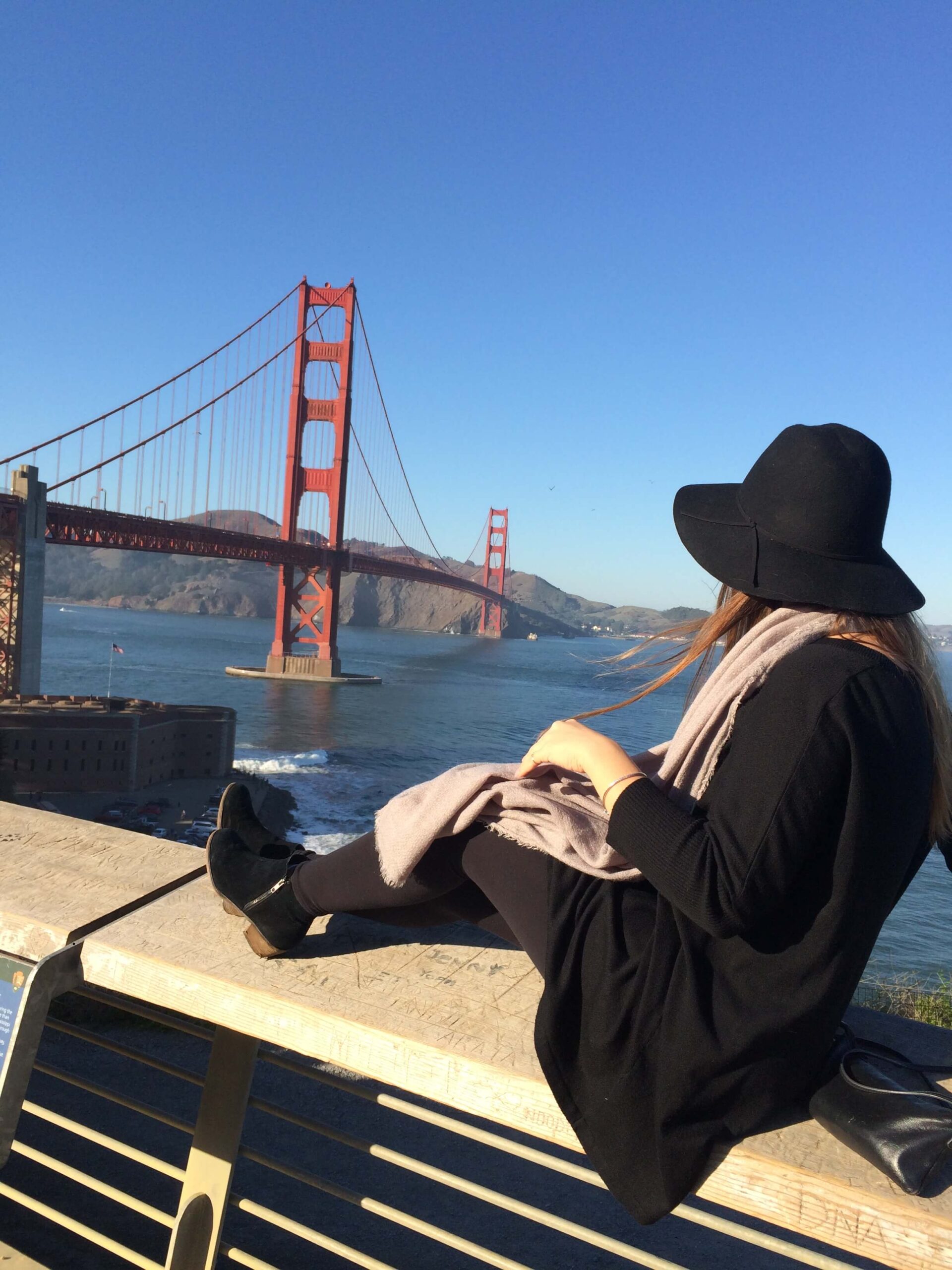
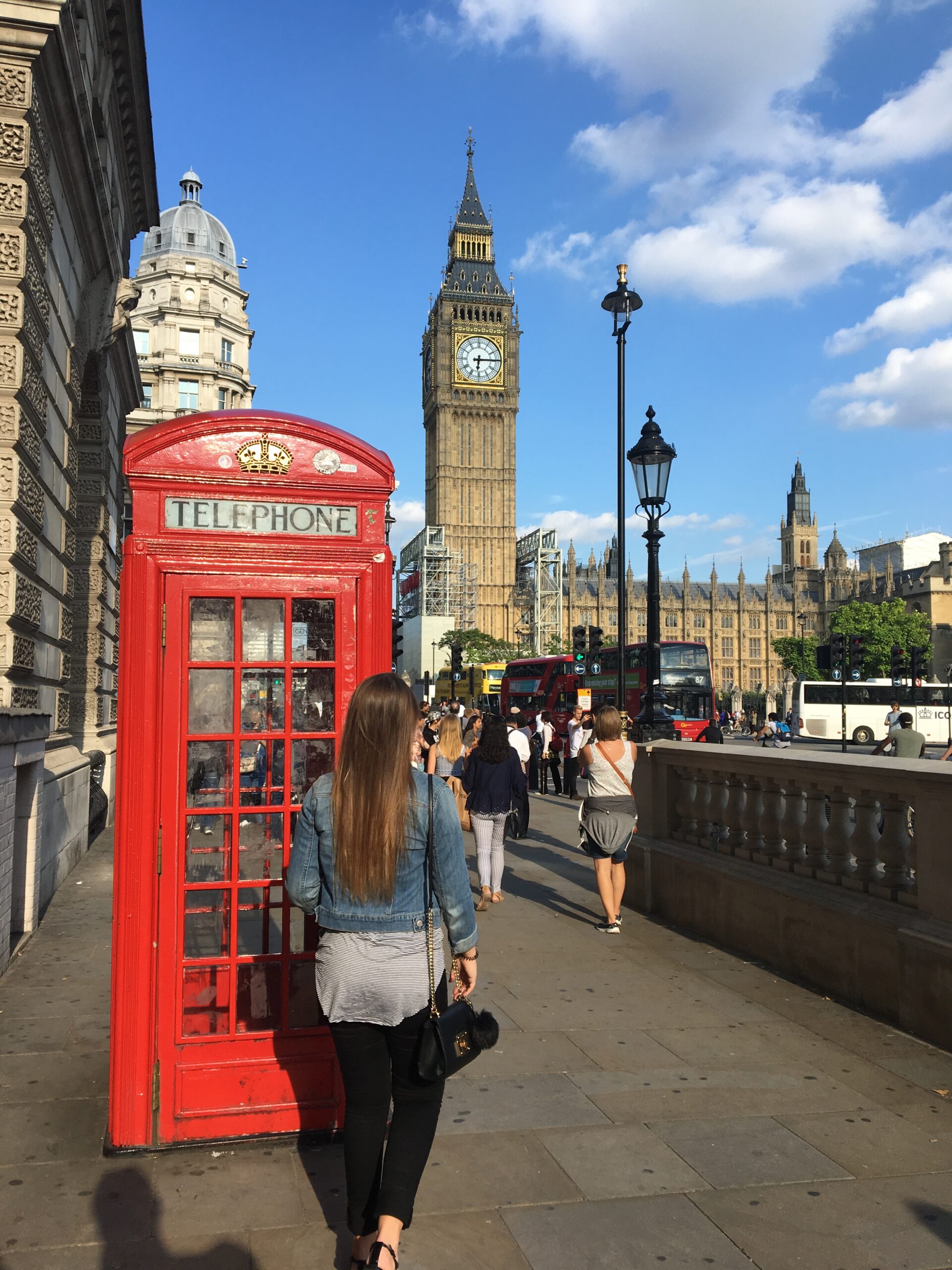
Thank you very much for paint the correct picture of a flight attendant, very helpful ideed, you are a genuis
Author
Thank you so much for reading and commenting! I am glad you enjoyed this week’s article! 🙂